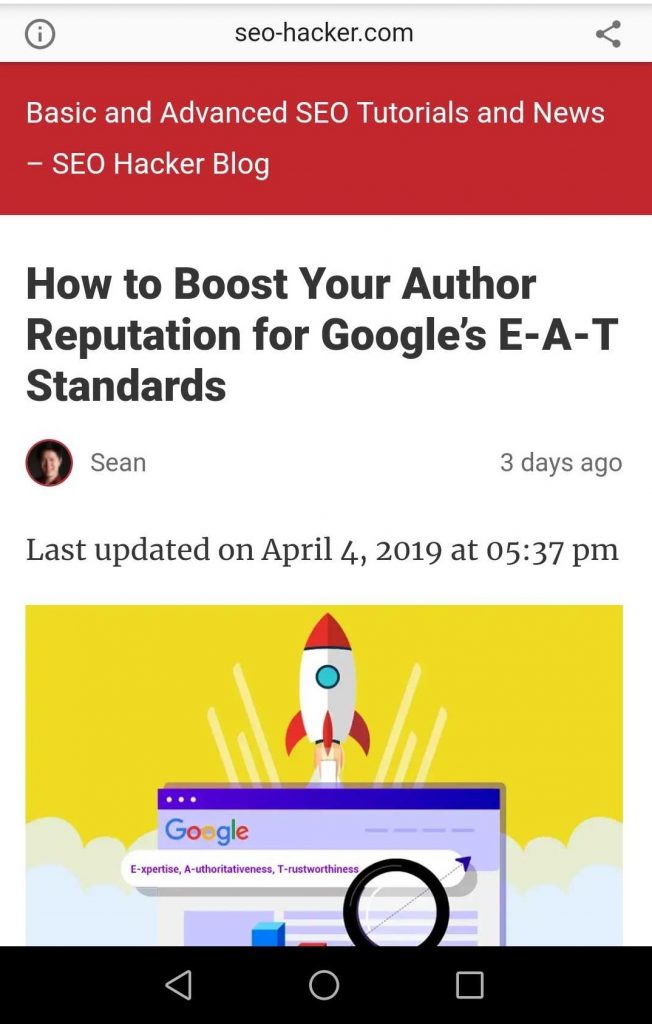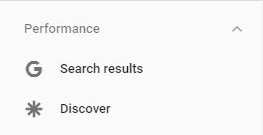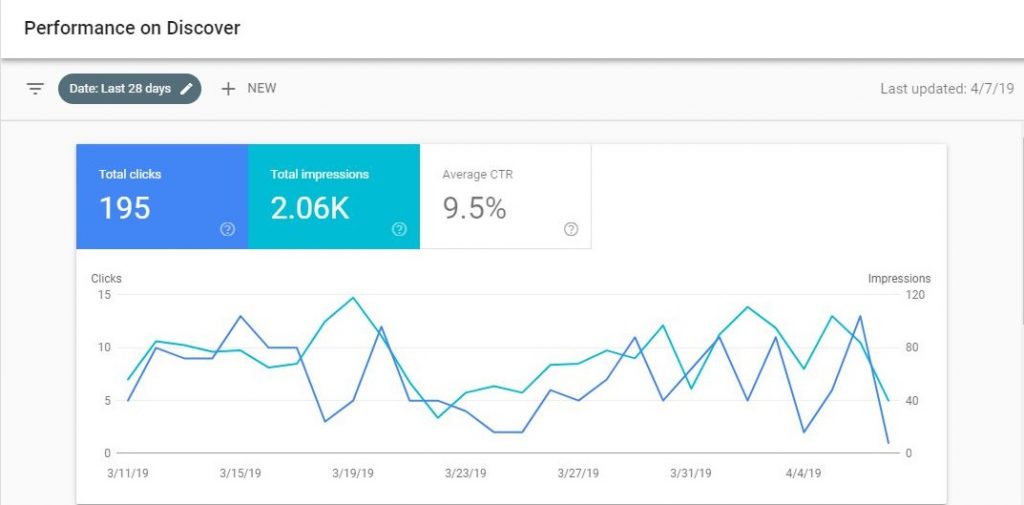How to Optimize Your Content for Google Discover (And Why It’s Important)

As Google’s take on the social feed, Google Discover has been making quite a buzz since it was introduced in December 2018. The new addition to the Google family was born out of a revamping effort for its predecessor, the Google Feed. Discover is user-centric, a melting pot of interests, and it provides better access to relevant topics even without searching for it. And with Google Search Console (GSC) adding a report for site performance in the Discover feed, webmasters now have increased visibility for their Discover traffic.
With the emergence of these updates, you can rethink how you do your SEO. Keeping up with the times means that you should take this as an opportunity to take Google Discover data and see how it fares against your traditional SEO content. Before we get into optimization, what exactly is Google Discover?
What is Google Discover?
Google Discover is a relatively new feature released by Google that aims to improve the search experience for users across the globe. Google Discover is a far cry from the traditional way of entering queries and waiting for the search engine to churn our relevant results because it shows content even if the user does not enter a particular query for the search engine.

Just like a normal social media feed, Google Discover projects various content. However, instead of following users, you are following different categories of interests. To say that users welcomed this new feature is an understatement because, with over 800 million users at its arsenal, Discover is the best avenue to promote content in.
These interests include but are not limited to:
- Music
- Sports
- Industry News
- Marketing
- Animals
- Entertainment
Discover relies heavily on the user’s interaction with Google and it aims to keep the user experience as personalized as possible. Aside from basing your preferences from your recent searches, you can also customize your interests or follow specific topics that you like.
With Discover, Google can now track your habits in order to deliver fresh and relevant content to you. The scrollable list of topics that users can browse is shown as cards on their mobile devices. Then, the card is linked to the page which is the source of the Discover content. Optimizing your content for Google Discover means you have to touch upon all kinds of media to deliver information. Whether it is text, image, or video, you can be visible in Discover.
Google Discover functions as an alternative for users who would like to stay connected with their interests, without the added pressure of coming up with an exact query in mind. Discover is a sneak peek on Google’s AI, because the content that surfaces is reliant on your specific interests, but if you fail to indicate them, then Google will come up with these interests for you based on your search history.
Are You Eligible for Google Discover Visibility?
Before you make sure that your brand is eligible to be discovered in Google’s feed, your website must be verified and indexed in Google Search Console and your content passes the Google News standards. With regards to the latter, it is already a widespread knowledge that evergreen content takes the cake in harnessing meaningful visibility so this will be carried over to Google Discover.
Enhance Content Quality
It cannot be stressed enough that Content is the key to your digital marketing presence. Just because Google Discover presents relevant content doesn’t mean that it would just bank on newly published posts. You also have to keep in mind that your efforts to optimize old content would be recognized in a user-first initiative.
Users will see content that is closely related to their interests and depending on their search habits. Because of this, you have to make sure that you establish user intent in your content which means that enhancing it is a prerogative. With Discovery, there is “Use of special tags or structured data is not required. Google ranks Discover content algorithmically based on content quality and the strength of the match between page content and user interests,” according to Google.
Optimized AMP Pages

Accelerated Mobile Pages (AMP) do the trick of enhancing the overall user experience mainly because of its fast-loading, full-screen experience. In GSC’s new report for Discover, you will also see that there is an option to compare data between AMP vs Non-AMP. This is vital to the report since Discover deals heavily with user-first data.
Having AMP pages is important for optimizing your website for mobile users. Since Google Discover opens web pages on mobile, having AMP pages is a must to ensure that users have the best experience possible.
One of the best ways to boost content performance in Google is to have high-quality images that are at least 1,200 px wide.
Avoid Over-Optimizing
As previously mentioned, there is no use of special tags or structured data so you should avoid crossing the line on optimization. As long as your content can cater user search query, then it should be good to go for Discover. Train your efforts in improving the content and not too much on the inserts that you are used to in traditional search optimization.
New Google Discover Data Tracking in Google Search Console
With GSC’s new feature of data tracking for Google Discover, you would be able to see how your site is performing in Google Discover. You can find it in the Performance tab in your site’s Search Console.

You can receive a report on:
- How frequent your site appears in Discover
- Total traffic generated from Discover
- High-performing content in the Discover feed
- Comparison of data from Discover to Traditional Search Results

To utilize this report, you must have significant data from Google Discover in a span of 16 months. For now, the available data that you can see, if your website is eligible, is from March 2019.
You may be puzzled because you cannot see your content showing up in Search Console’s new Discover report, you should know that the report is only applicable to websites that already have a good standing and “meaningful visibility” in Discover. If the new report does not show up in your GSC dashboard, then this means that your content is not optimized enough for Discover.
Key Takeaway
Using the GSC report to see results from your Google Discover presence can mean a lot for SEO especially since you can compare traditional data to the present one. This goes to show that user intent is becoming more important as each day passes.
Google is going out of its way to improving the user experience when it comes to search and Discover is a testament to this. Optimizing content for Discover goes beyond the technical aspect of it all because you also have to focus on fostering relationships, crafting content worth promoting, and making sure that engagement is at an all-time high.
Do you have any questions regarding Google Discover? Comment your questions down below.